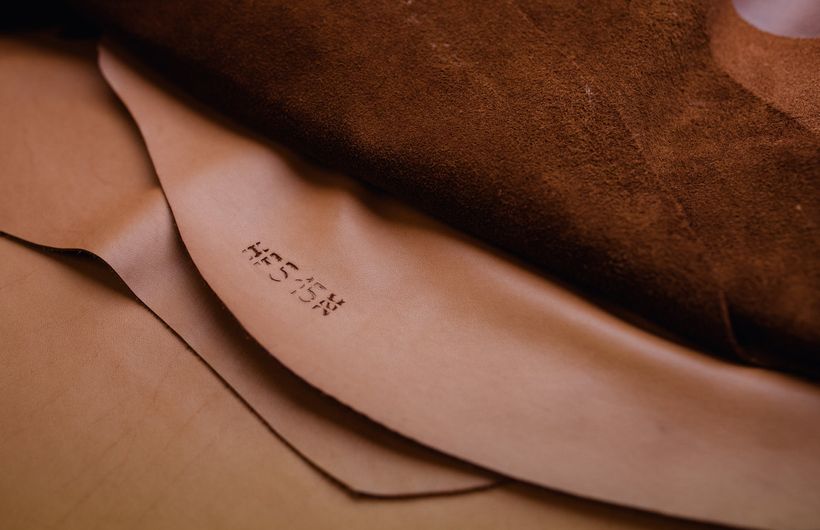One 4 Leather, a global group of automotive leather manufacturers and suppliers, is fighting back against the trend towards using fake hides in modern cars and claims using leather in cars is benefitting the planet.
It released data outlining that if the automotive industry stopped using leather altogether, 35 million hides would go to landfill, meaning an extra 644 million kg of CO2e would be emitted annually.
The group says leather is a by-product of the meat and dairy industry and no cattle are bred specifically for hides. One 4 Leather reports 331 million cattle are processed each year by the meat industry, creating over 2.18 billion m3 of hides. It says the leather industry is pivotal as it upcycles hides that would otherwise rot in landfill and emit billions of tonnes of CO2 each year, and 18% are currently used by the automotive leather industry.
The group commented, “The automotive industry can make a difference to the planet by using more leather in its cars, thus reducing the number of hides going to waste. If the demand for automotive leather increases by just 10%, it would save 3.5 million hides from landfill. That’s a saving of over 64 million kg of CO2e and enough leather for 1.1 million car interiors.”
“Car manufacturers are keen to promote greener options to leather in the form of PU and PVC materials. However, most leather alternatives contain more than 80% plastic. It’s the small amount of plant or vegetable (mushroom, pineapple, cactus) content that grabs the headlines. These composite materials are difficult and currently very expensive to recycle, so they will inevitably end up in landfill.”
The WWF charity is broadly supportive of the increased use of leather too, but urges caution in a report, saying the processing of hides can lead to pollution. It also says that most automotive hides come from Brazil, where there is a risk of deforestation for cattle grazing and animal feed production. The report urges the leather industry to encourage traceability and sustainable practices.
 Traceability codes will help make leather more sustainable
Traceability codes will help make leather more sustainable 











